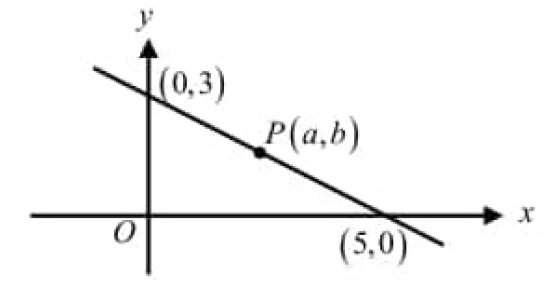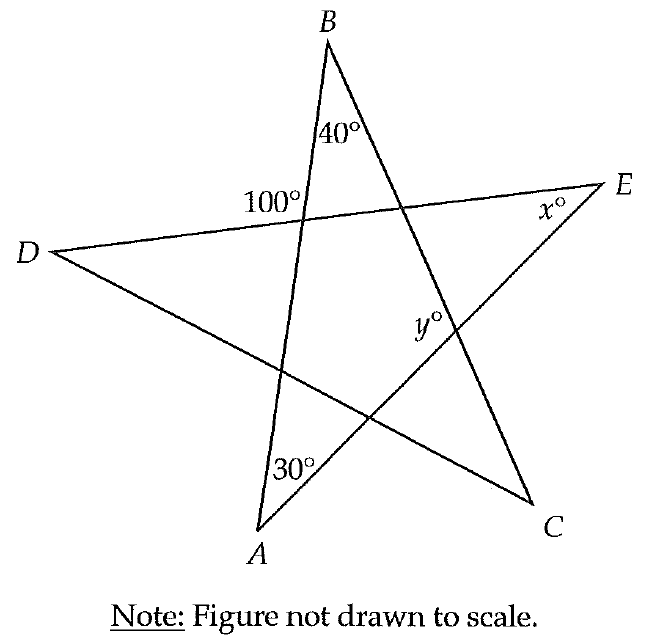OPERATIONS WITH FUNCTIONS
The sum, difference product and quotient are defined for real functions only on their common domain. These operations do not make any sense for general functions even if their domains are same because the sum, difference, product and quotient may or may not meaningful for the elements in their common domain.
Finding Sum of Two Functions :
(f + g) (x) = f(x) + g(x) for all x ∈ D1 n D2
Finding difference of Two Functions :
(f - g) (x) = f(x) - g(x) for all x ∈ D1 n D2
Finding Product of Two Functions :
(f g) (x) = f(x) g(x) for all x ∈ D1 n D2
Dividing two functions :
(f/g) (x) = f(x) / g(x) for all x ∈ D1 n D2
Multiplication of a function by scalar :
Let f : D -> R be a real function and α be a scalar. Then the product α is a function from D to R and is defined as
(αf)x = α f(x) for all x ∈ D
Reciprocal of a function :
If f : D-> R is a real function, then its reciprocal function 1/f is a function from D - {x:f(x) = 0} to R and is defined as (1/f) x = 1/f(x)
Question 1 :
Let f and g be two real functions defined by f(x) = 1/(x+4) and g(x) = (x + 4)3
Find the following (i) f + g (ii) f - g (iii) fg (iv) f/g (v) 2f (vi) 1/f
Solution :
f(x) = 1/(x + 4)
Domain of f(x) = R - {-4}
g(x) = (x + 4)3
Domain of g(x) = R (all real values)
There exists common domain for both the functions and it is R - {-4}.
(i) f + g : R - {-4} -> R and is defined by
(f + g) (x) = f(x) + g(x)
= [1/(x+4)] + [(x + 4)3]
= (1 + (x + 4)4)/(x + 4)
(ii) f - g : R - {-4} -> R and is defined by
(f - g) (x) = f(x) - g(x)
= [1/(x+4)] - [(x + 4)3]
= (1 - (x + 4)4)/(x + 4)
(iii) f g : R - {-4} -> R and is defined by
(f g) (x) = f(x) ⋅ g(x)
= [1/(x+4)] ⋅ [(x + 4)3]
= (x + 4)2
(iv) (f/g)(x) = R - {-4} -> R and is defined by
g(x) = 0
(x + 4)3 = 0
x + 4 = 0 and x = -4
Domain (f/g) = Domain (f) n Domain (g) - {x:g(x)=0}=R-{-4}
(f/g) (x) = f(x) / g(x)
= [1/(x+4)] / [(x + 4)3]
= 1/(x + 4)4
(v) 2 f
(2f) (x) = 2 f(x)
= 2 (1/(x + 4))
= 2/(x + 4)
(vi) 1/f
( 1/f) x = 1/f(x)
f(x) = 1/(x+4)
x + 4 = 0
x = -4 ≠ 0
1/f : R - {-4} -> R and is defined by
(1/f)(x) = 1/[1/(x+4)]
= x + 4
(vii) 1/g
(1/g) x = 1/g(x)
g(x) = (x + 4)3 = 0
x = -4 ≠ 0
1/g : R - {-4} -> R and is defined by
(1/g)(x) = 1/(x+4)3
Kindly mail your feedback to v4formath@gmail.com
We always appreciate your feedback.
©All rights reserved. onlinemath4all.com
Recent Articles
-
Digital SAT Math Problems and Solutions (Part - 134)
Apr 02, 25 12:40 AM
Digital SAT Math Problems and Solutions (Part - 134) -
SAT Math Resources (Videos, Concepts, Worksheets and More)
Apr 02, 25 12:35 AM
SAT Math Resources (Videos, Concepts, Worksheets and More) -
Digital SAT Math Problems and Solutions (Part 135)
Apr 02, 25 12:32 AM
Digital SAT Math Problems and Solutions (Part 135)

